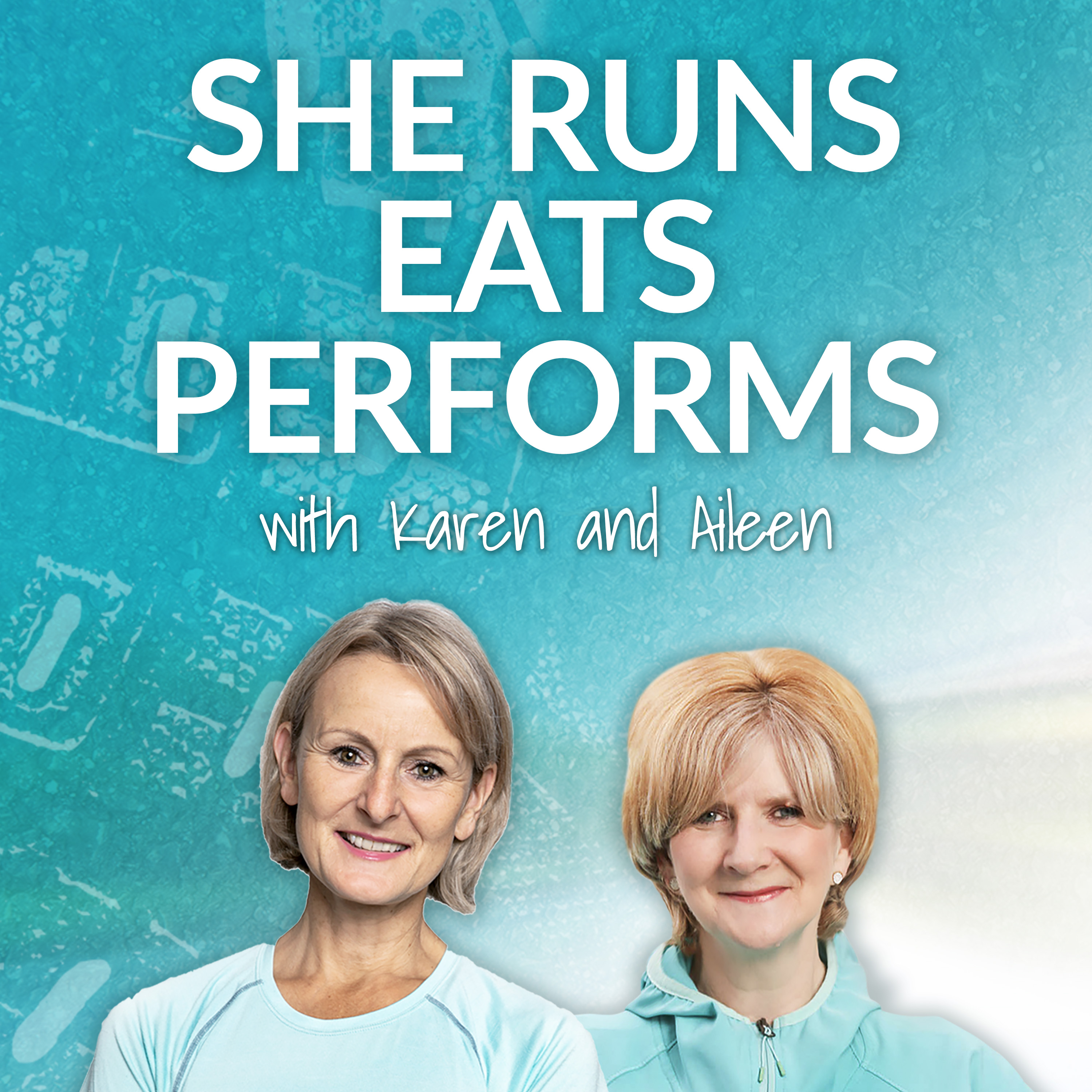Nutrient Timing for Performance
Nutrient Timing for Running Performance
Learn WHAT to eat, WHEN to eat and HOW much to eat to fuel endurance training runs and races to gain optimal running performance. Gain insights into applying nutrient timing to pre, during and post endurance running phases. Discover why each of these phases are crucial to sustain performance, improve recovery and help prevent injury. An overview of WHAT, WHEN, HOW much carbohydrate you should eat in each of the phases and how to include protein in pre and post training phases of your nutrition plan. Learn why what you eat and how much you eat is as important as the timing of your food intake.
Show Notes
(03:36)
Karen explains what nutrient timing is and why it’s important for performance and recovery.
(05:00)
An outline of some key nutrient timings related to pre, during and post training runs and races.
(07:06)
Detail on HOW nutrient timing supports the runner in each phases i.e. pre, during and post training runs and races and why it’s important.
(11:00)
The challenges of post run eating, what you should eat immediately after a run and within 2 hours of completing an endurance run.
(13:04)
Female factors – is nutrient timing different for the female runner?
(14:00)
Nutrient timing pre training and when to run in a fasted state.
(17:39)
Nutrient timing following a training run or race and why it’s important to overcome the challenge of feeling unable or unwilling to eat after an endurance run.
(19:58)
Carbohydrate – HOW MUCH and WHAT types of carbohydrate should runners being eating PRE endurance running and most crucially WHEN?
(25:55)
How protein should be used in nutrient timing.
(28:05)
Tips for POST training eating.
(31:11)
How much carbohydrate is required DURING an endurance run.
(33:49)
The KEY TAKE AWAYS from today episode are:
- Nutrition is important pre-during and post training
- Each time frame for eating is equally important to help: fuel training, assist recovery, repair muscle and prevent injury
- CHO is they key nutrient for fuel but PRO is also important at key points pre and post training
- Fat intake does not really change, but it is important that it is adequate and from quality food sources. Worth remembering that Omega 3 fats are important anti-inflammatory nutrients so will support recovery, repair and help prevent injury/illness
- What you eat and how much you eat is as important as the timing of the food intake
Related Episodes:
Macronutrients to help runners go faster and stronger
Race Day Success: Nutritional Strategies
Disclaimer:
The suggestions we make during this episode are for guidance and
advice only, and are not a substitute for medical advice or treatment.
If you have any concerns regarding your health, please contact
your healthcare professional for advice as soon as possible.
Aileen Smith and Karen Campbell met at as nutrition students (Institute for Optimum Nutrition, London) and became lifelong friends and nutritional buddies! Both have a love of running and a passion for nutrition, delicious food and healthy living.
Together they host RUNNERS HEALTH HUB. A place for like-minded runners who are looking for simple ways to support running performance, energy, endurance, and general great health.
We are excited to be able to share our expertise, experience and short cuts with you. We hope you'll join us again. If you'd like to know more about us and She Runs Eats Performs please check out our TRAILER.
If you're ready to make learn more about how you may introduce easy nutrition into your running and training plan join our Easy Nutrition For Healthy Runners Online Programme for short videos, recipes, downloads and LIVE training and Q&A.
As a THANK YOU to you as one of our valued listeners, we have a special offer for you use COUPON CODE POD to get 33% discount off the full price which brings the price to £199.
If you’d like help from Karen and Aileen to design a personalised sports nutrition plan for your running - please contact them at hello@runnershealthhub.com
Happy Running!
Aileen and Karen

